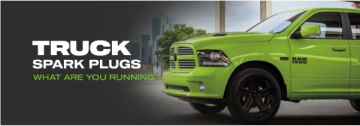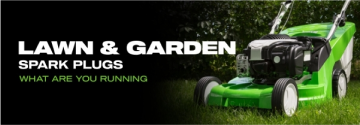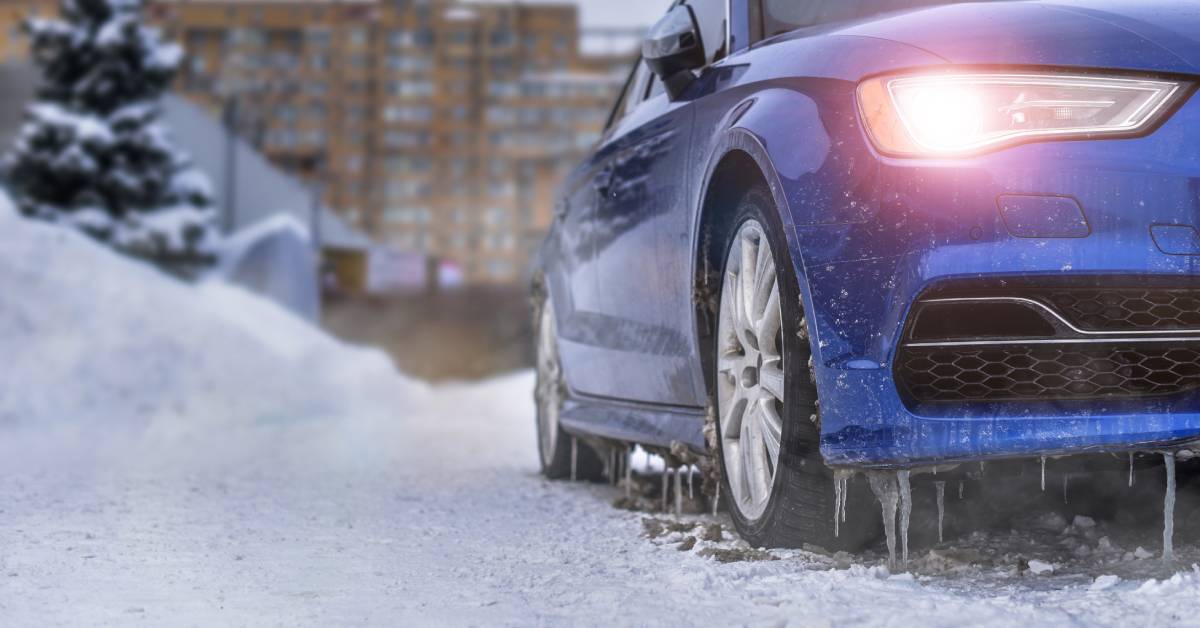Not exactly but attach a big asterisk to that statement. In recent years, there has been a rise in consumer complaints of poor running engines and sluggish motors that won’t idle properly. Most drivers naturally associate an engine’s spits and sputters with ignition problems. But, the truth is today’s drivers are filling their tanks with gasoline that has a reduced shelf life. Since the signing of the Renewable Fuel Standard Program in September of 2006, the majority of fuel pumped at gasoline stations contains around 10% of Ethanol and is often referred to as E10 gas. The problem is ethanol is not the most stable oxygenator, especially in sub-tropical or tropical climates.

Ethanol, a corn-based alternative fuel, comes with pros and cons.
Ethanol is an alcohol and alcohol separates from gasoline (called Phase Separation) in a relatively short time. In doing so, the alcohol attracts water molecules and gasoline sitting in holding tanks, gas cans or your car can become diluted. As the contaminated fuel mixes with the same amount of air as before, your engine is forced to operate at a lean condition. Running lean means hotter operating temperatures which can cause an increased wear factor for your car spark plugs. In addition, the diluted fuel has a reduced octane rating that may cause your engine to “knock” due to predestination. Some common engine problems associated with E10 Gasoline include:
- Lack of Performance
- Loss of Power
- Hard to Start
- Doesn’t Want to Idle
- Hesitates on Acceleration
- Stall at Slow Speeds
On a positive note, Ethanol is a leading alternative to fossil fuels and is considered to be a “green alternative”. Prior to the mid-1970s, most gasoline contained lead which was replaced by another oxygenating agent called MTBE (or Methyl-Tertiary-Butyl-Ether). Although oxygenates were found to reduce the carbon monoxide emissions from car engines, MTBE would later be scrutinized as a ground water contaminate. So, over 150 years after ethanol was first used to power a motor, the grain or sugarcane based fuel additive was back.
If your engine doesn’t run as well as it once did or if you’ve noticed a drop in gas mileage, it might be a good time to install new E3 car spark plugs. Our patented DiamondFire technology is proven to provide a cleaner, more thorough an engine’s combustion cycle. After extensive tests, the Environmental Protection Agency (EPA) reported that E3′s “… technology offered clear advantages in HC and CO emissions control while at the same time improving power and fuel economy.” Plus, E3 is the ONLY car spark plug to be included in rulings by the EPA, cited as a “supplemental emissions control device.”







